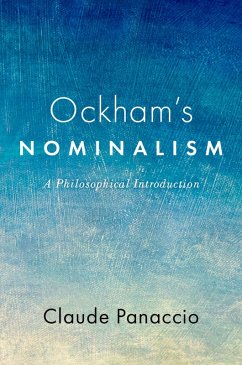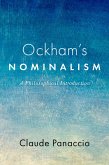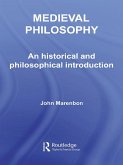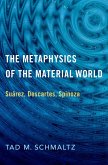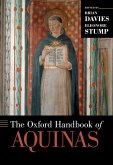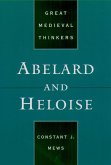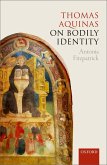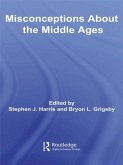William of Ockham (1287-1347) is oft considered the most important nominalist thinker of the Middle Ages. Nominalism, a metaphysical view that has had adherents throughout the history of Western philosophy, largely denies the extramental existence of universals and abstract objects by reducing them to linguistic or mental items. Philosopher Claude Panaccio views Ockham's genre of nominalism as consisting of three theses: that there are no universals in the external world, no relations, and no quantities considered as distinct entities. Claude Panaccio here displays the outlines of a rich and carefully crafted nominalist system that is still of great philosophical interest today. In so doing, the volume situates Ockham's thought with respect to several salient contemporary debates in philosophy.
Ockham's Nominalism provides a unique systematic introduction to his thought about universals, relations, and quantities, situating his doctrines on these matters with respect to today's debates in metaphysics, philosophy of mind, philosophy of language, and epistemology.
Dieser Download kann aus rechtlichen Gründen nur mit Rechnungsadresse in A, B, BG, CY, CZ, D, DK, EW, E, FIN, F, GR, HR, H, IRL, I, LT, L, LR, M, NL, PL, P, R, S, SLO, SK ausgeliefert werden.

